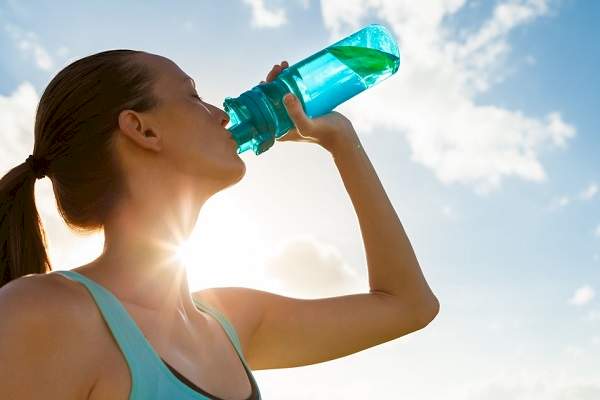Drinking water often helps to maintain a healthy balance. Mild dehydration can decrease one’s energy level and mental functioning and increase stress on the body while severe dehydration can have far more damaging effects.
To avoid dehydration drink at least eight glasses of water every day as an adult.
The importance of water to the mechanics of the human body cannot be overemphasized. It serves as a lubricant to the digestive system and all other body processes.
The water in our saliva helps facilitate swallowing, ensuring that food slides easily down the esophagus. It also lubricates and allows edibles to move more freely.
The body cells and organs depend on water for their functioning. Without water, living things, including humans will die in a few days.
So, when you don’t drink enough water, the underlisted side effects happen.
Low Energy
When dehydrated, your energy levels drop, and you might feel too tired to continue on with work.
Higher Risk of Stroke
According to study in BMC Cardiovascular Disorders, not drinking enough water and being dehydrated can raise the risk of strokes and prolong recovery time.
Slower Metabolism
Your metabolism naturally slows down when you’re thirsty and dehydrated.
Headaches
Since your brain needs water, when it’s lacking it can lead to headaches and fatigue.
Poor Skin
Skin needs to stay hydrated from water to look dewy and young. Not drinking enough can increase the effects of aging and make the skin look dry. With insufficient water, collagen can crack, leading to fine lines and wrinkles.
Weight Gain
Drinking water can even help you lose weight and lower water retention. So not drinking water can make you add a little weight.



